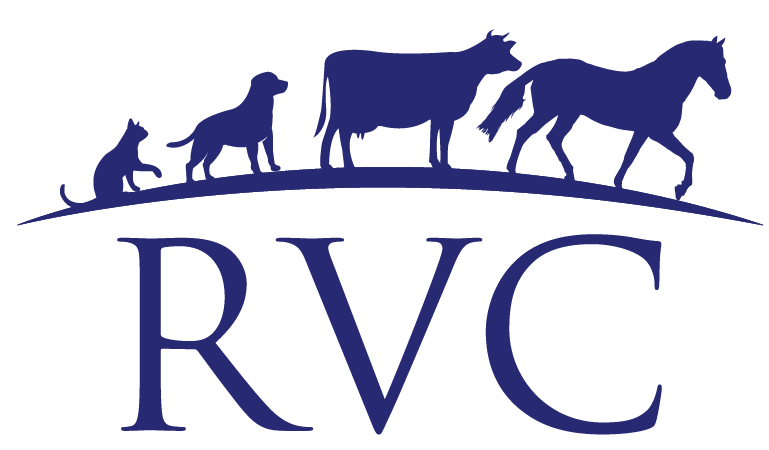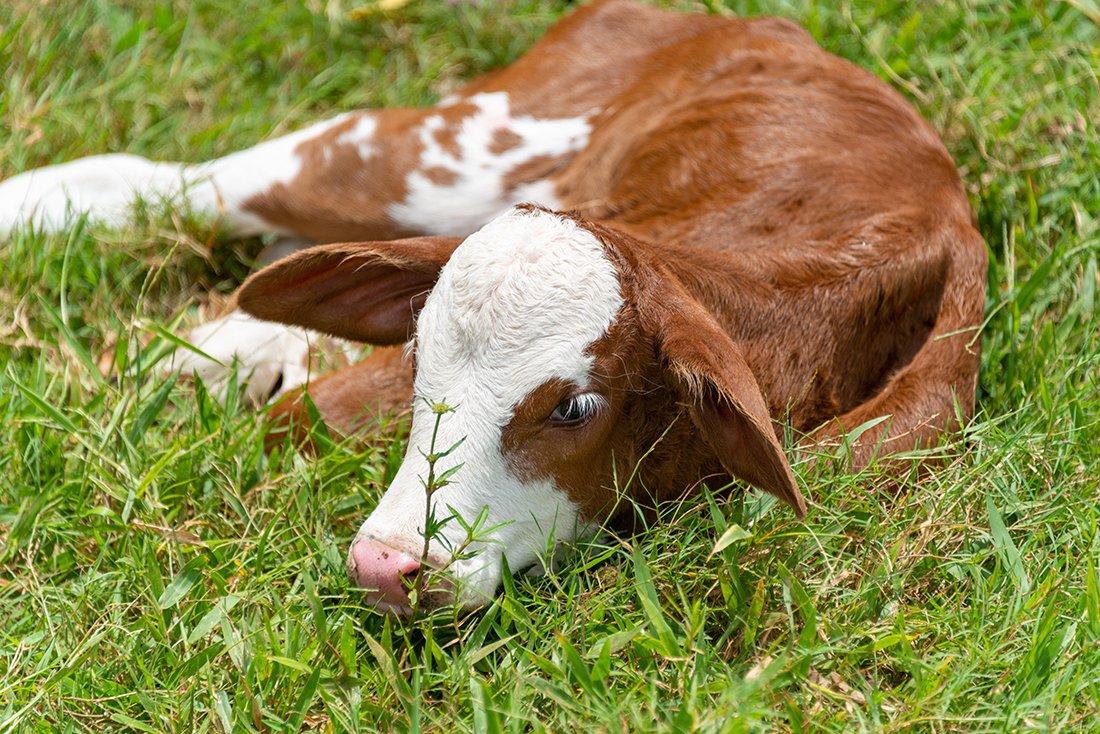Top tips for calf rearing
If you’re taking on calves this season, here’s a few tips to help keep them healthy.
What should I feed my calves?
Calves need to receive a good feed of colostrum within the first 12 hours of life. If they’re not drinking, they’ll need tube feeding; ask your vet how to tackle this problem.
As well as milk, provide them with muesli/pellets and hay at all times; this ensures their digestive system develops properly. Weaning can occur around 75-100kg BW or 8-10 weeks old.
Where should I keep them?
In tidy paddocks which are clear of faeces and have not recently been used by older animals. They also need free access to good shelter.
If kept indoors, the area must be clean, have soft bedding and be draught-free.
When should I drench and vaccinate youngstock?
Controlling worms is important; it is the main reason for sickness and death. For lifestylers we recommend a faecal egg count every 6 weeks to determine if drenching is necessary. Drop off a poo sample at the clinic. Your vet can advise you which de-wormer is best.
Vaccination is important to protect against disease and even death. We recommend a 5in1 vaccination at de-budding, with a booster 4-6 weeks later.
What about de-budding and castrations?
De-budding is the removal of horn tissue to prevent horns from growing. Ideally this is done at 2-8 weeks old; beyond this time frame the horns may regrow despite our intervention. Our vet team will sedate and provide pain relief for the procedure. Castration and vaccination can be done at the same time.
How can I tell if my calf is unwell?
It is important to identify and treat sick animals early. Some common signs are:
Sitting down more
Separation from mob
Reduced appetite
Diarrhoea
Rough coat
Weight loss
Any abnormal behaviour
If you’re concerned seek out veterinary advice as soon as possible.

